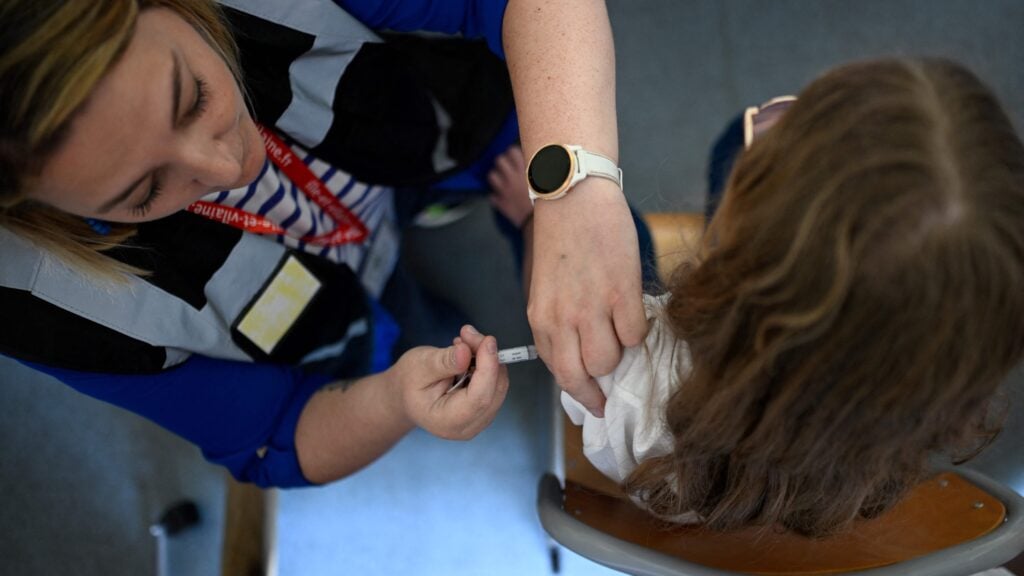A historic new study out of Scotland shows the real-world impact of vaccines against the human papillomavirus: The country has detected no cases of cervical cancer in women born between 1988-1996 who were fully vaccinated against HPV between the ages of 12 and 13.
Many previous studies have shown that HPV vaccines are extremely effective in preventing cervical cancer. But the study, published on Monday in the Journal of the National Cancer Institute, is the first to monitor a national cohort of women over such a long time period and find no occurrence of cervical cancer.
“The study is super exciting. It shows that the vaccine is extremely effective,” said Kathleen Schmeler, a professor of gynecologic oncology at the University of Texas MD Anderson Cancer Center, who was not involved in the research. “It’s obviously early. We’re just starting to see the first data of the impact of the vaccine because it takes so long from the time of the vaccine to the effects.”



Early vaccinations are N=40,000 and had 0 incidents of cervical cancer.
Late vaccinations are N=124,000 and had 3.2 / 100,000 compared to unvaccinated N=300,000 had 8.4/100,000.
These are pretty large sample sizes.
The total sample sizes aren’t the problem. It’s the number of people who contracted cervical cancer. I should have been more specific originally: I would want more data to show that early vaccinations are more effective than late ones.
40,000 seems like a lot, but just using data from the late-vaccine group would get an average contraction rate of ~1. That’s enough for an outlier or two to be significant. If 2 of those 40,000 had contracted cervical cancer, it would be a hard sell to say early vaccines cause cancer (though some groups would eat that up). In the same way, I’m not fully convinced here that an early vaccine prevents it more effectively than a later one.